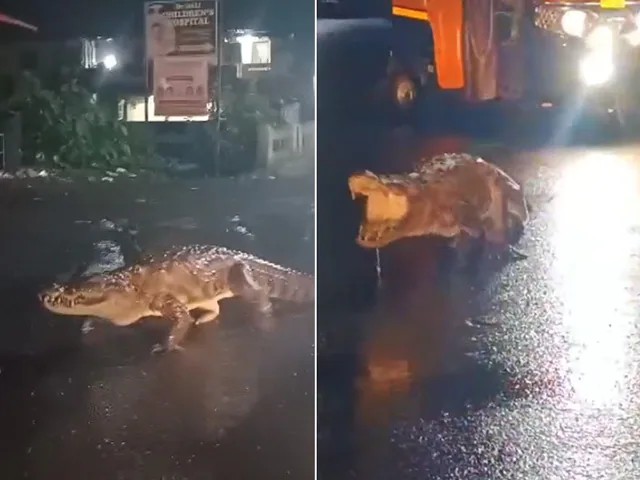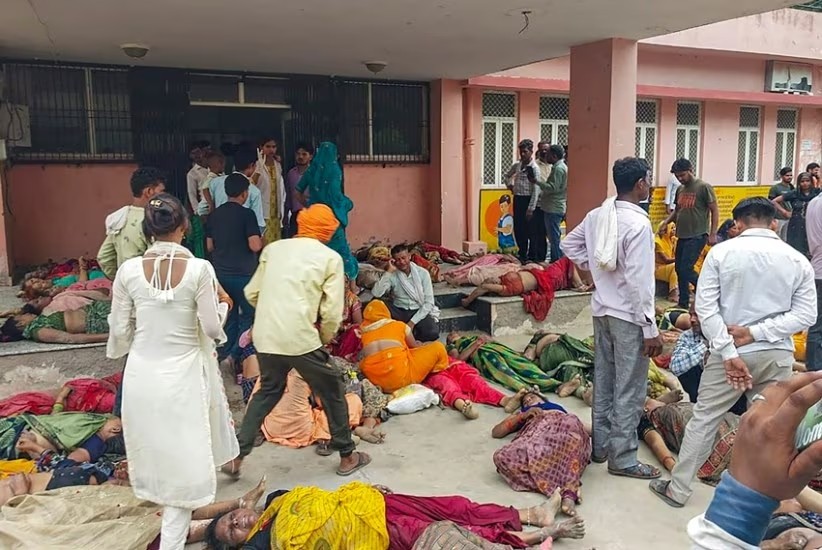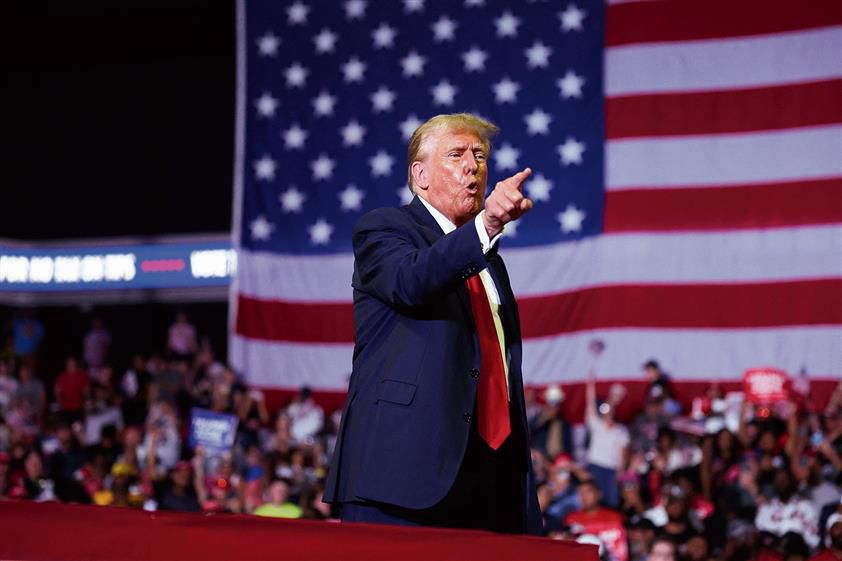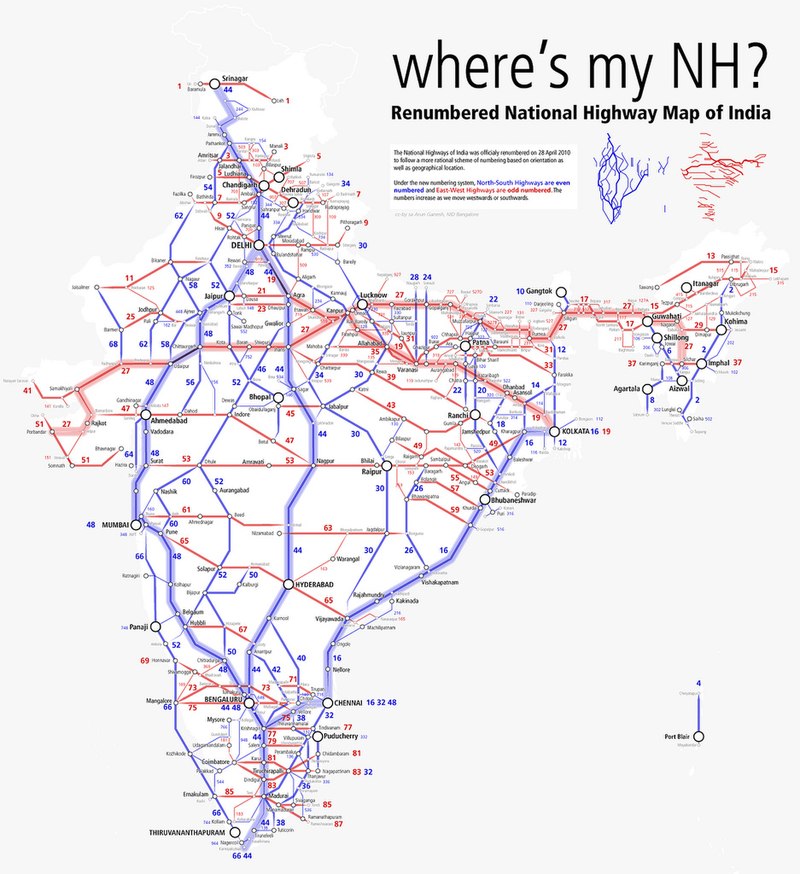Published: 4 months ago

World Affairs
Summary
Ratnagiri, Maharashtra – The coastal district of Ratnagiri recently experienced an unusual and alarming event: a large crocodile was seen wandering on a road in Chiplun after heavy rains. Captured on video by a commuter, the crocodile is believed to have emerged from the nearby Shiva River, which is known for its population of mugger crocodiles.
Article
This incident, while startling, raises critical questions about environmental responsibility, government action, and the impacts of deforestation and climate change.
The Incident
Incessant rains have been battering Ratnagiri district, significantly increasing the water levels of rivers, including the Shiva River. The heavy showers, expected to continue till July 2 according to the Meteorological Department, have driven wildlife out of their natural habitats and into human settlements. This has caused not only a disruption in daily life but also posed significant risks to both humans and animals.
Environmental Implications
The appearance of a crocodile on the road is more than just a rare spectacle; it is a glaring indicator of the broader environmental crisis. Several factors contribute to such incidents:
-
Deforestation and Habitat Destruction:
- Unchecked developmental activities have led to widespread deforestation, destroying natural habitats and forcing wildlife to venture into human-populated areas. In Maharashtra, large-scale deforestation for industrial and residential projects has significantly reduced the natural habitats of many species, including crocodiles.
-
Climate Change:
- Extreme weather events, such as the heavy rains in Ratnagiri, are becoming more frequent and severe due to climate change. These events disrupt ecosystems and force animals out of their habitats, leading to increased human-wildlife conflicts.
-
Government and Policy:
- The government's role in managing environmental resources and mitigating climate change impacts is crucial. The question arises: Is the government doing enough to address these pressing issues? Are current policies sufficient to protect our natural habitats and wildlife?
Societal Responsibility
As a society, we must recognize our role in contributing to environmental degradation. Our demand for rapid urbanization and industrialization often comes at the cost of destroying forests and wetlands, which are crucial for maintaining ecological balance. The incident in Ratnagiri should serve as a wake-up call for all of us to rethink our actions and their long-term impacts on the environment.
Call to Action
- Stronger Environmental Policies: There is an urgent need for stricter environmental regulations and enforcement to prevent deforestation and protect wildlife habitats.
- Climate Action: Immediate and sustained efforts are required to combat climate change. This includes reducing carbon emissions, promoting renewable energy, and enhancing climate resilience.
- Community Engagement: Local communities must be actively involved in conservation efforts. Awareness campaigns and community-based initiatives can play a vital role in protecting our environment.
Conclusion
The sighting of a crocodile on the road in Ratnagiri is not just an isolated incident but a symptom of larger environmental issues. It is a call to action for the government, policymakers, and society at large to take immediate and effective steps to protect our natural world. If we continue to ignore these signs, the consequences could be dire not only for wildlife but for humanity as well.
No opinions exist on this article yet!
Be the first one to share an opinion on this article.
Videos
Images
Other Attachmnents
No Access
Share access to start recording your opinion










